
When restaurateur Wady Vapor started his first restaurant in the city more than a decade ago, he lamented that only about 20% of his patrons were Muslims even if what he was offering was Halal food.

The reason, he said, was that Muslims were not used to dining out in Halal restaurants in the past because there were so few and that many of them were ”turo-turo” that offered menus that usually depicted their own tribes.
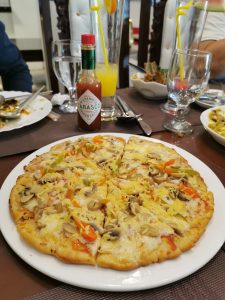
“Many of them ate at their homes even when they could afford to go to Halal-accredited restaurants because they were not informed that there were restaurants that they could trust,” Vapor lamented.
Trust meant that the restaurant offers truly Halal food, as there were others just using the logo even without getting accreditation from internationally-recognized accrediting agencies, and that they can make choices that suit their palate.
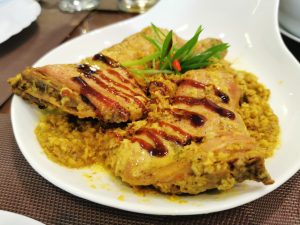
For Muslims, Halal does not only pertain to food, but their way of life.
More establishments
Vapor, now consultant of Sunny Point Hotel, said the Halal market has slowly gained ground that everyone has started patronizing Halal food.
The hotel just recently unveiled a new menu that offers both local dishes – those from tribes whose members follow Islam; those from other Islamic countries in Asia; and other local dishes cooked in Halal way with Halal ingredients.
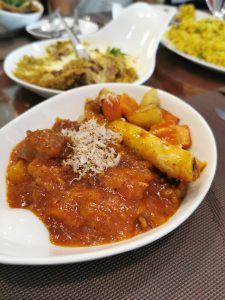
“Definitely we do not use MSG (monosodium glutamate),” assured Vapor, as he pointed out that the restaurant has relied upon the local Moro community for its fresh condiments and spices as well as supply of meat and other ingredients that the restaurant needs.
The hotel is just one of the places where those looking for Halal food can go to, as several new others have started to operate.
Regina Rosa Tecson, head of the City Tourism Operations Office, said that opening of these establishments has reinforced the campaign of the tourism industry to lure to the city Muslim travellers, it being among the key cities that are near to countries in Asia with sizable Muslim populations.
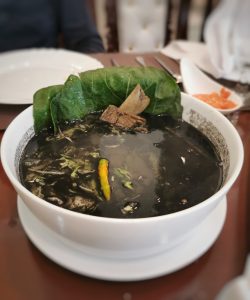
“We need to make the business sector understand that investing in Halal is a winning proposition,” Tecson told TIMES last year during the opening of Nanay Rebecca’s Restaurant, another establishment that offers Halal food and is located just about a kilometer from the Francisco Bangoy International Airport.
Delivery service
Because of the potentials of the Halal market, the demand for value-added services have started emerging. Those who crave for certain food items but do not want to leave the comfort of their homes or offices can order Halal through food delivery services.
The potentials for the service have not lost on investors as this prompted a local company to go into food delivery solely for Halal food.
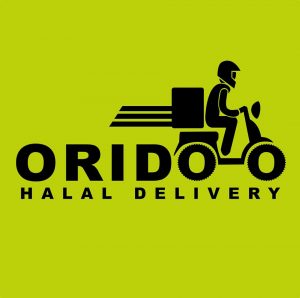
Khalid Gorospe started last month the Oridoo Halal Delivery Services, although the company is not only catering to Halal food delivery but also becomes a messenger for those who do not have time to go to grocery stores, or those who want to deliver some goods but do not have time to do so. It can also be paid to pay bills as well as send money.
The service and the improving environment of the Halal industry have become key points in its sustainability as it moves forward.
For restaurateur Vapor, the industry has slowly morphed into what it should be. “The hope is that people, not just Muslims, will realize that Halal offers better choices,” he added.



